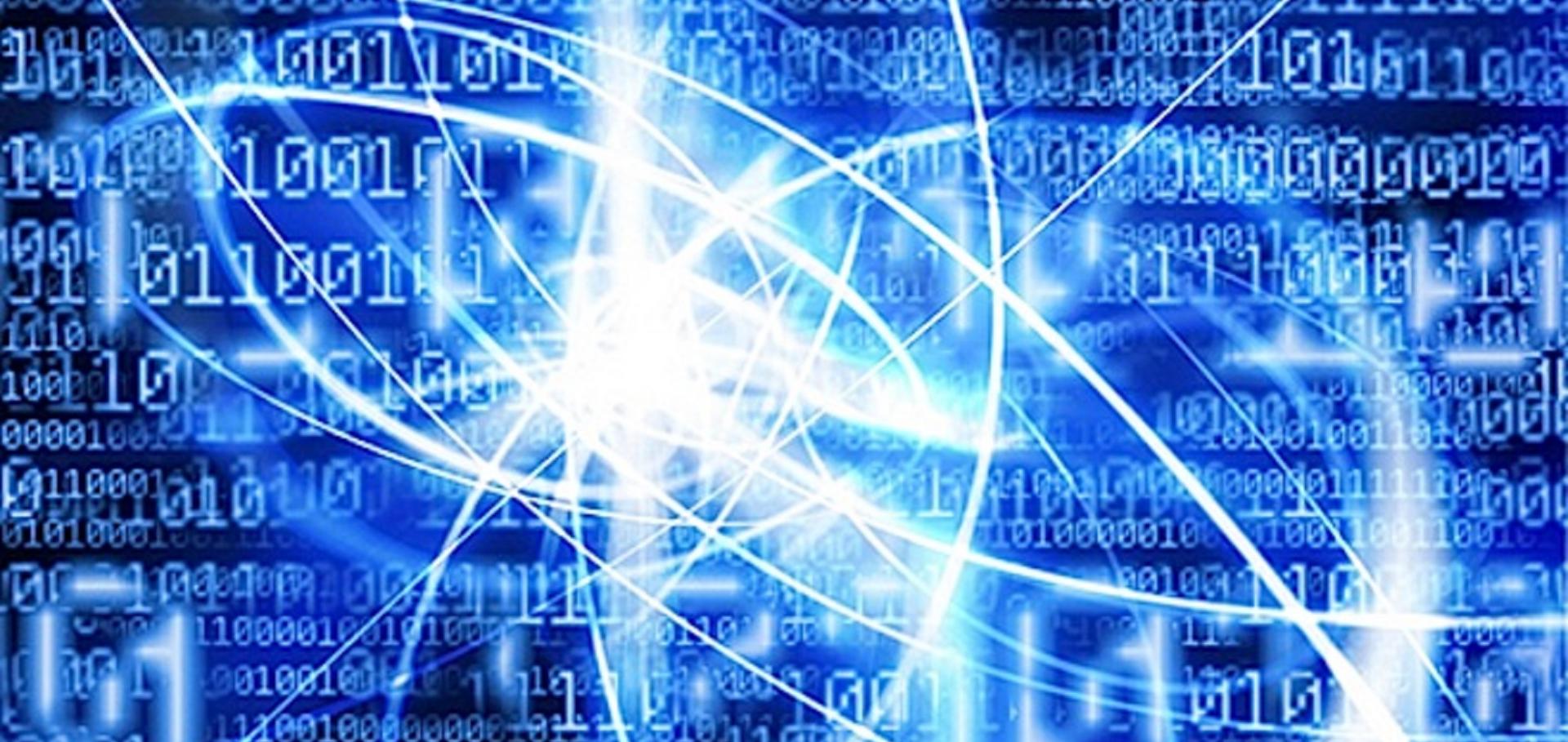High-fidelity spatial and polarization addressing of Ca-43 qubits using near-field microwave control
(2016)
Hybrid quantum logic and a test of Bell’s inequality using two different atomic isotopes
Nature Springer Nature 528:7582 (2015) 384-386
Dark-resonance Doppler cooling and high fluorescence in trapped Ca-43 ions at intermediate magnetic field
(2015)
On determining absolute entropy without quantum theory or the Third Law of thermodynamics
(2015)
Tracking the radiation reaction energy when charged bodies accelerate
American Journal of Physics American Association of Physics Teachers (AAPT) 83:8 (2015) 703-710


